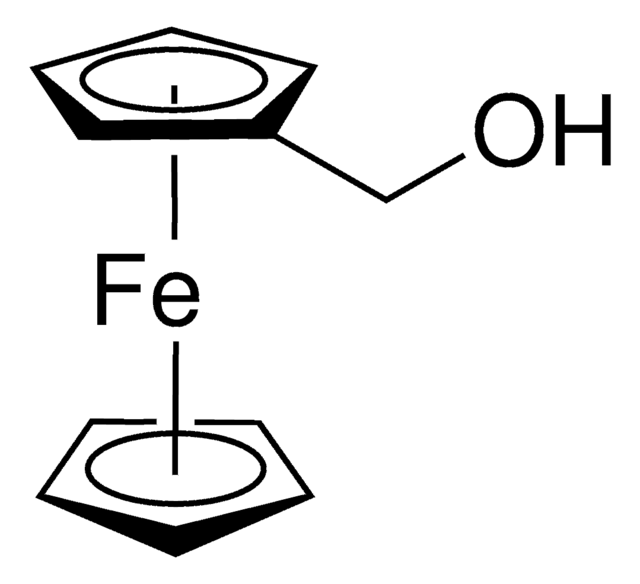450278
Iron(II) sulfate hydrate
99.999% trace metals basis
Synonym(s):
Sulfuric acid, iron(II) salt (1:1), hydrate
About This Item
Recommended Products
Quality Level
Assay
99.999% trace metals basis
form
solid
impurities
≤15.0 ppm Trace Metal Analysis
density
1.9 g/mL at 25 °C (lit.)
application(s)
battery manufacturing
SMILES string
O.[Fe++].[O-]S([O-])(=O)=O
InChI
1S/Fe.H2O4S.H2O/c;1-5(2,3)4;/h;(H2,1,2,3,4);1H2/q+2;;/p-2
InChI key
XBDUTCVQJHJTQZ-UHFFFAOYSA-L
General description
Application
- As precursor to prepare polyanionic electrodes for secondary Li-ion batteries. It serves as an iron source to produce low cost and sustainable battery materials.
- As an electrolyte precursor to fabricate cost effective and scalable redox flow batteries with excellent capacity retention.
- As a starting material to prepare superparamagnetic iron oxide nanoparticles.
- As a support material to fabricate air pollutant sensors.
Signal Word
Warning
Hazard Statements
Precautionary Statements
Hazard Classifications
Acute Tox. 4 Oral - Eye Irrit. 2 - Skin Irrit. 2
Storage Class Code
11 - Combustible Solids
WGK
WGK 1
Flash Point(F)
Not applicable
Flash Point(C)
Not applicable
Personal Protective Equipment
Choose from one of the most recent versions:
Already Own This Product?
Find documentation for the products that you have recently purchased in the Document Library.
Customers Also Viewed
Articles
In many technologies, performance requirements drive device dimensions below the scale of electron mean free paths (λe). This trend has increased scientific interest and technological importance of electrical resistivities at the nanoscale.
Plasmonic nanoparticles have unique optical properties that can be tailored to suit a variety of applications in the biotechnology1–8 and electronics9–16 industries.
Our team of scientists has experience in all areas of research including Life Science, Material Science, Chemical Synthesis, Chromatography, Analytical and many others.
Contact Technical Service







